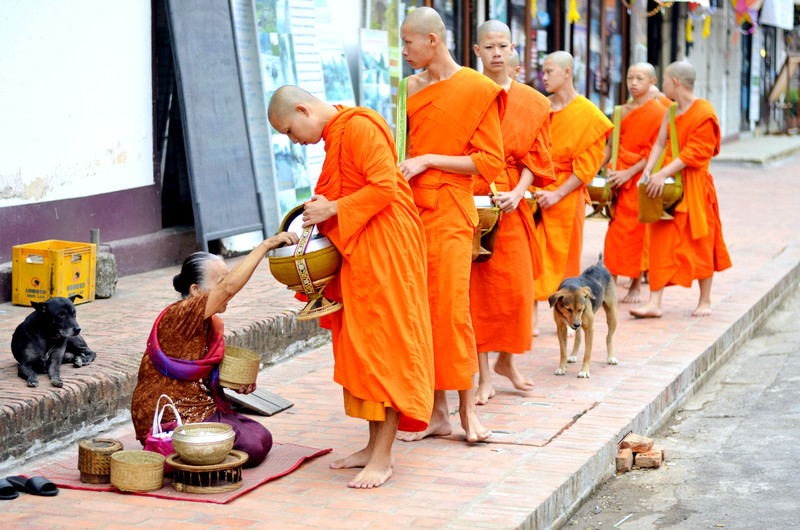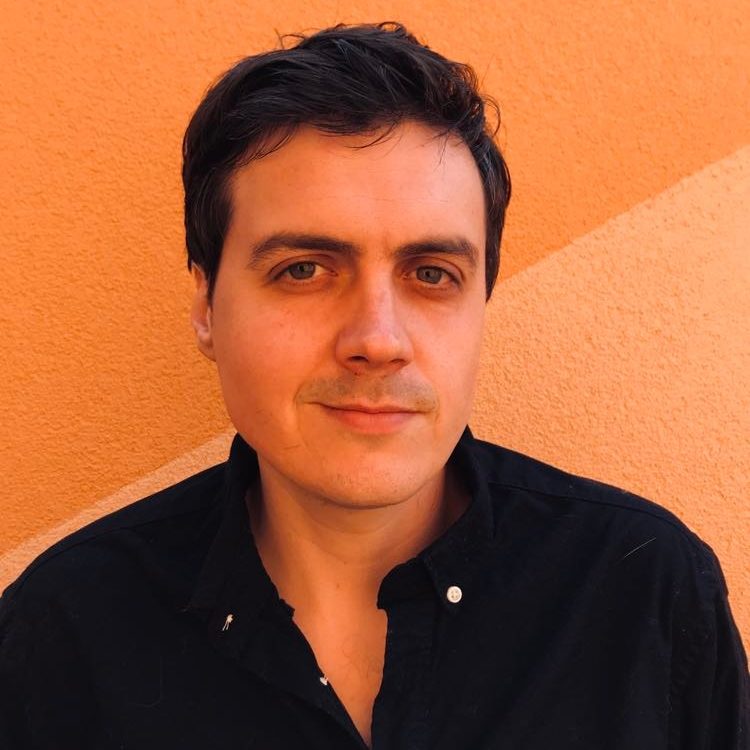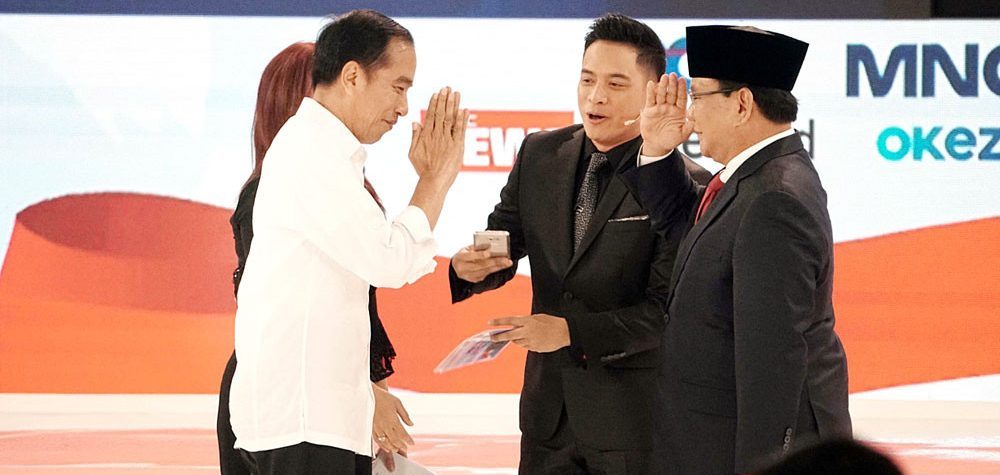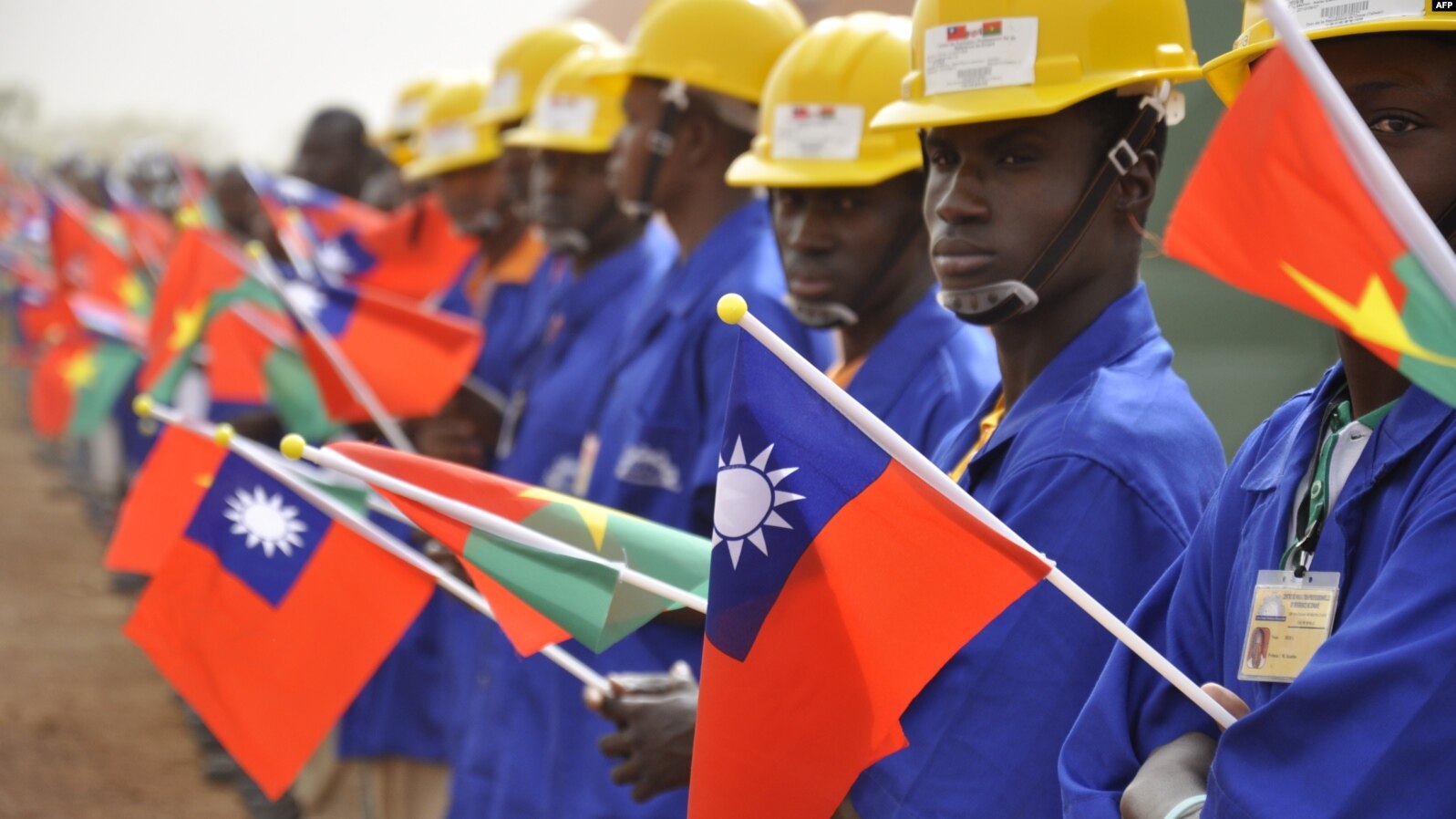On April 26, Igor Driesmans, the EU’s ambassador to the Association of Southeast Asian Nations (ASEAN), visited Laos where discussions focused on the communist government’s preparations for taking over the annually-rotating ASEAN chairmanship next year.
Three days later, the well-known political activist Anousa “Jack” Luangsuphom was gunned down at a cafe in Vientiane, the capital. His family announced his death, yet another in a long list of Laotian dissenters who have been killed under mysterious circumstances or “disappeared”.

But it was a ruse to make sure his assassin didn’t return. Luangsuphom, who runs a political Facebook page, had survived the assassination attempt and was recovering in an undisclosed hospital abroad. Bounsuan Kitiyano, another prominent dissident, wasn’t so lucky. On May 17, his body was found with three bullet wounds in Thailand’s Ubon Ratchathani province, just across the Lao border.
Lao authorities deny any involvement but activists contend the communist Lao People’s Revolutionary Party (LPRP) is escalating its repression of known dissenters. Savang Phaleuth, another well-known activist living in Thailand, was arrested in April when visiting his family back home.
Kearrin Sims, a specialist on Laos, recently wrote that the one-party country has “long been an authoritarian state with no tolerance for public criticism” but increasingly “it appears to be also becoming a criminal state”.
The crackdown is partly a response to rising public frustration over the economy, which was badly hit by the Covid-19 pandemic and has seen inflation spike since early 2022 (it’s now around 40 percent) and the local currency crash in value. The young are deserting the country in their droves. Those who remain are apathetic about the future and grumbling on social media (and sometimes on the streets).
Sonexay Siphandone, a ‘princeling’ who became prime minister last December after a rare leadership reshuffle, hasn’t improved the economy but has taken a tougher approach to public dissent compared to his predecessor, who was seen by some in the communist party as a light touch.
Now the ASEAN hot seat
However, another reason for an escalating assault on dissenters is the communist authorities want to crush activists and bloggers ahead of Laos becoming chair of the ASEAN bloc next year, a rare moment of international attention for the country.
World leaders and the world media will visit for annual summits. Vientiane will be expected to host dignitaries and engage more than it likes in international forums. It is fearful that dissenters will spoil the party. They might whip up already disgruntled locals and tell the visitors about how dire the country’s human rights record is.
Better, the communist party thinks, to deal with them now, when the international community couldn’t care less about what’s happening in Laos.
Brussels ought to be wary. Much of the EU’s international focus is now on southeast Asia, a region of ever-growing importance, not just as an economic powerhouse that promises healthy profits for European companies but also as the likely centre of geopolitical sparring between the United States and China.
The EU engages bilaterally with each of the countries but prefers to work with the region through ASEAN. That means working closely with the country that chairs the bloc, which rotates each year.
The hermetic Laos isn’t a natural leader, and next year will be an unusual one for the EU, too. A new European Commission will enter office, possibly leading to a shakeup of the Common Foreign and Security Policy and of personnel in southeast Asia.
The new commission’s first interaction with ASEAN will be with Laos in charge.
Western democracies will also be keen that Laos, as ASEAN chair, doesn’t simply ventriloquise for its main ally, China. All that means the EU should take a strong stance now on Laos’ human rights record. Waiting until next year would only weaken the EU’s hand and frustrate other southeast Asian governments who dislike Brussels’ lecturing anyway — and, indeed, wait until after the Lao authorities have already terrorised the masses into silence.
On the one hand, the EU has almost no leverage over the ruling LPRP, a limpet on China and Vietnam. Brussels won’t turn heads if it threatens to dent the €500m-odd annual trade Laos has with the EU. It has very little investment or aid to threaten to cut off.
On the other hand, the EU does have a rare opportunity to affect change in Laos because of the ASEAN chairmanship. Call out the communist party’s abuses before the EU is compelled to play nice next year. Although the LPRP isn’t overly fussed with its global image, it won’t want its chairmanship scorched by bad publicity before it even begins. Neither, indeed, will the nine other ASEAN countries want regional affairs to be distracted next year by the communist party’s abuses.
Now, and not year, MEPs should table a motion in parliament to discuss and document Vientiane’s abuses. It should press the commission to do likewise, and seek answers from the UN High Commissioner for Refugees on what appears to be delays in political asylum requests.
A number of Laotian dissidents have made it safely from Bangkok to political asylum in a third country. But it’s believed that Kitiyano, the dissident killed in Thailand in April, was weeks away from being given asylum in Australia.
Importantly, the EU must press the outgoing and incoming governments in Thailand (with which the EU is now negotiating a partnership deal and free-trade agreement) to properly investigate politically-motivated murders carried out in the country and to stop giving foreign agents the freedom to harass dissidents. Several Cambodian and Vietnamese activists have also been “disappeared” or kidnapped from Bangkok in recent years.
The article was originally published by EUobserver. Photo: Laurentiu Morariu.







